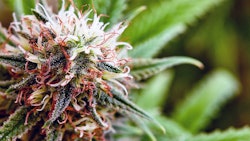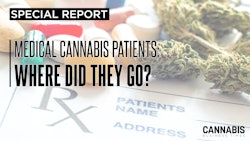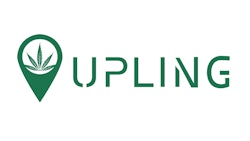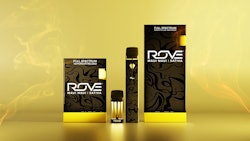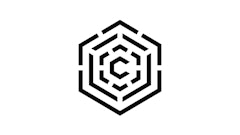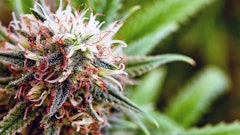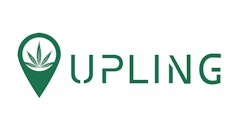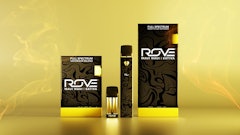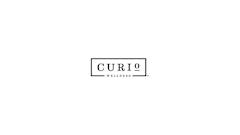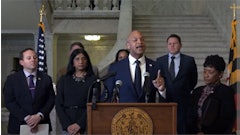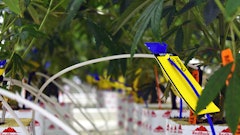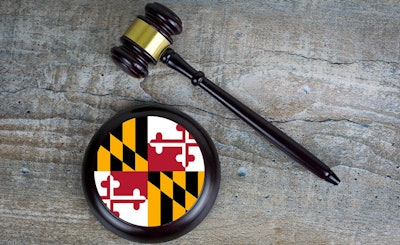
Cannabis regulators in Maryland are ready to bring the force of the law against businesses selling intoxicating products with hemp derivatives after an appellate court ruled in favor of the state last week.
The Maryland Alcohol, Tobacco and Cannabis Commission (ATCC) issued a warning on Sept. 12 that was directed at businesses selling intoxicating THC products without a cannabis license, putting them on notice of the appellate court’s order.
In particular, the Appellate Court of Maryland ruled on Sept. 9 that the state’s law prohibiting businesses from selling hemp-derived products without a license is constitutional, reversing the Washington County Circuit Court’s decision to grant a preliminary injunction from October 2023.
The injunction protected hemp retailers, producers, farmers and consumers, who had challenged the state’s licensing requirement under Maryland’s Cannabis Reform Act (CRA), legislation enacted in July 2023 to regulate an adult-use cannabis market. The injunction had prevented the ATCC from enforcing the cannabis law against businesses selling hemp-derived THC products without a cannabis license for nearly two years.
“All retail establishments engaged in the sale of intoxicating THC, especially those in business prior to July 1, 2023, are on notice that the appellate court’s order, when effective, will terminate the limited protection afforded to them by the preliminary injunction issued by the Washington County Circuit Court,” according to an ATCC notice, warning businesses of its forthcoming enforcement efforts.
“Moving forward, any person or business that engages in the distribution or sale of an intoxicating THC product without the required license issued to them by the Maryland Cannabis Administration (MCA) is subject to criminal prosecution under Maryland law,” according to the notice.
In addition to the ATCC’s restored enforcement powers, the appellate court ruled that intoxicating products containing synthetic hemp derivatives created in a chemical process, such as delta-8 and delta-10 THC, “are now and have always been illegal in Maryland.”
The ATCC provided a list of criminal offenses and violations for the distribution or sale of an intoxicating THC product without a license by the MCA:
- Packaging, Labeling and Potency Violations: Selling a product that violates THC product packaging, labeling and potency standards – ABCA § 36-1104(b)
- False or Illegal THC Advertising: Advertising a product as containing an amount of THC that violates AB § 36-1102 – ABCA § 36-1104(c)(1)
- Unlicensed Sales Above THC Limits: Selling a product that contains more than 0.5 milligrams of THC per serving or 2.5 milligrams of THC per package without a license from the MCA – ABCA § 36-1102(b)(1)
- Synthetic Intoxicating THC Products: Selling or distributing a cannabinoid product that is not derived from naturally occurring biologically active chemical constituents (aka “synthetic intoxicating THC products”) – ABCA § 36-1102(c)
According to the ATCC, the commission has the authority to seize products on sight that violate the Alcoholic Beverages and Cannabis Articles (ABCA) listed above.
Convictions related to the ABCA could result in $5,000 fines for each offense, including up to $10,000 for offenses of selling or distributing synthetic THC products. If convicted, the seized products can be destroyed, according to the ATCC.
“In response to the appellate court’s decision, the ATCC is prepared to expand its state-wide investigation and enforcement actions against any persons and businesses who distribute or sell intoxicating THC products in violation of Maryland law,” according to the notice. “The ATCC continues to be committed to ensuring the public health and safety of Marylanders through the application and enforcement of Maryland’s cannabis laws.”











